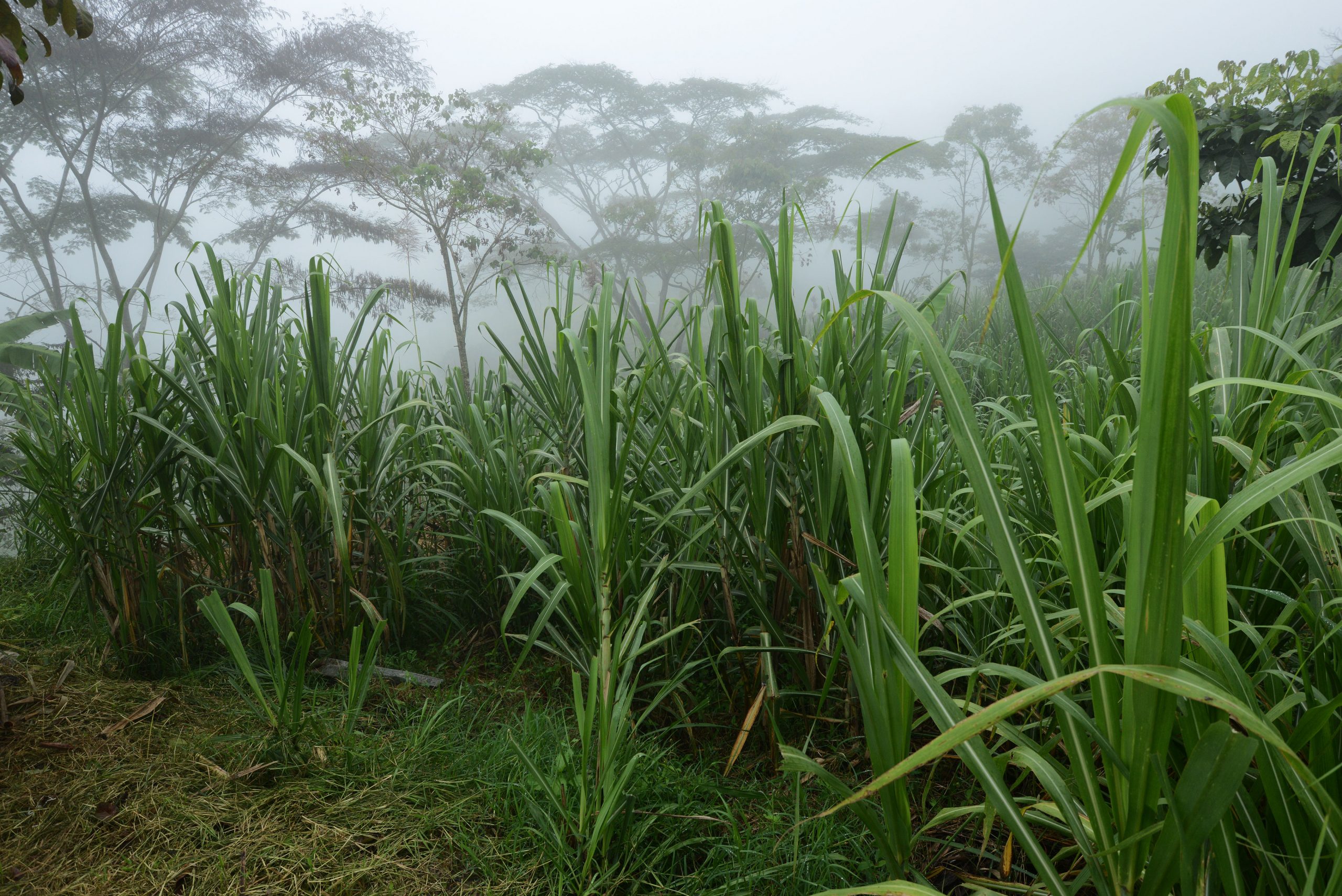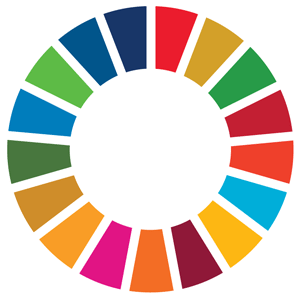
Biodiversity is essential for maintaining people’s cultural and natural heritage, and the preservation of unique ecosystems. It is also central to the improvement of human welfare, social equality and economic development.
Understanding biodiversity is essential to end hunger and malnutrition, achieve food security and improved nutrition, and promote sustainable agriculture. With the loss of biodiversity, humankind loses the potential to adapt to to future and present challenges, such as population growth and climate change.
Our Work
BRIDGE Colombia works to build research capacity and human capital development in Colombia and the UK, stimulate partnerships between organisations in Colombia and with international partners, and promote exchange of knowledge.
The network integrates world-leading expertise from biologists, ecologists, agricultural researchers, economists, social scientists, and environmental humanities, which exists across public and private academic institutions, and research centres in both UK and Colombia; it also includes the participation and guidance of key governmental agencies non- governmental organisations (NGOs) and conservation initiatives.
BRIDGE Colombia facilitates academic exchanges for Colombian and UK-based academics and student researchers, and wider networking opportunities for private sector and civil society organisations.
History
The BRIDGE Colombia network was founded in 2017 by Professor Federica Di Palma, currently Professorial Fellow in Biodiversity in the School of Biological Sciences at the University of East Anglia in the UK. It grew from a shared vision to build a prosperous society around thriving biodiversity at a formative time in Colombia’s post-conflict development. The network has brought together a wide group of around 50 organisations from the UK and Colombia united in partnership to achieve biodiversity conservation and sustainable economic growth in Colombia. Known by its acronym, BRIDGE, (Biodiversity, Responsibility, Innovation, Development, Growth and Education) the multidisciplinary network provides formal and informal collaboration opportunities for researchers working on a range of issues including:
- Conservation of Colombia’s natural capital
- Sustainable development of Colombia’s bio-economy and agriculture industry
- Social stability and equity in green growth
- Progress towards the UN Sustainable Development Goals in Colombia
Objectives
The development of countries and communities needs to be sustainable, without compromising natural capital, while reversing land and forest degradation. Sustainable development relies heavily on implementing sustainable production systems and resilient practices.
Threats to biodiversity lead to social inequality, habitat degradation, changes in land use, increased presence of invasive species, climate change, over consumption of ecological services and general pollution dynamics. Threats to Colombia’s biodiversity, and the challenges faced by those working to preserve it, are similar to those faced by other countries in the region, so successful experiences are transferable.
Why Colombia?
From the high mountains of the Andes descending deep into Amazonian rainforest, to expanses of grassland such as the llanos and páramos, as well as islands in both the Pacific Ocean and Caribbean Sea, Colombia is a treasure trove of life thriving in diverse habitats.
Colombia is one of the 17 countries considered as “megadiverse” by United Nations Environment Programme (UNEP). More than half of continental Colombia is covered by natural forest, and the national catalog of biodiversity includes up to 55 thousand species, 3652 endemic ones, approximately 10 % of the known species.
This is a very important time in history following the peace agreement between the Colombian Government and the guerrillas; Colombia, though having signed a ceasefire and later a peace agreement in late 2016, saw internal warfare in the country lasting over five decades. The guerillas kept control of many of the most remote, but also the most biodiverse, areas of Colombia. This has limited development and opportunities, with evident negative socioeconomic impact.
At this post-conflict period, more than ever is fundamental promoting peaceful and inclusive societies for a sustainable development, providing access to justice for all, and building effective, accountable and inclusive institutions at all levels.







